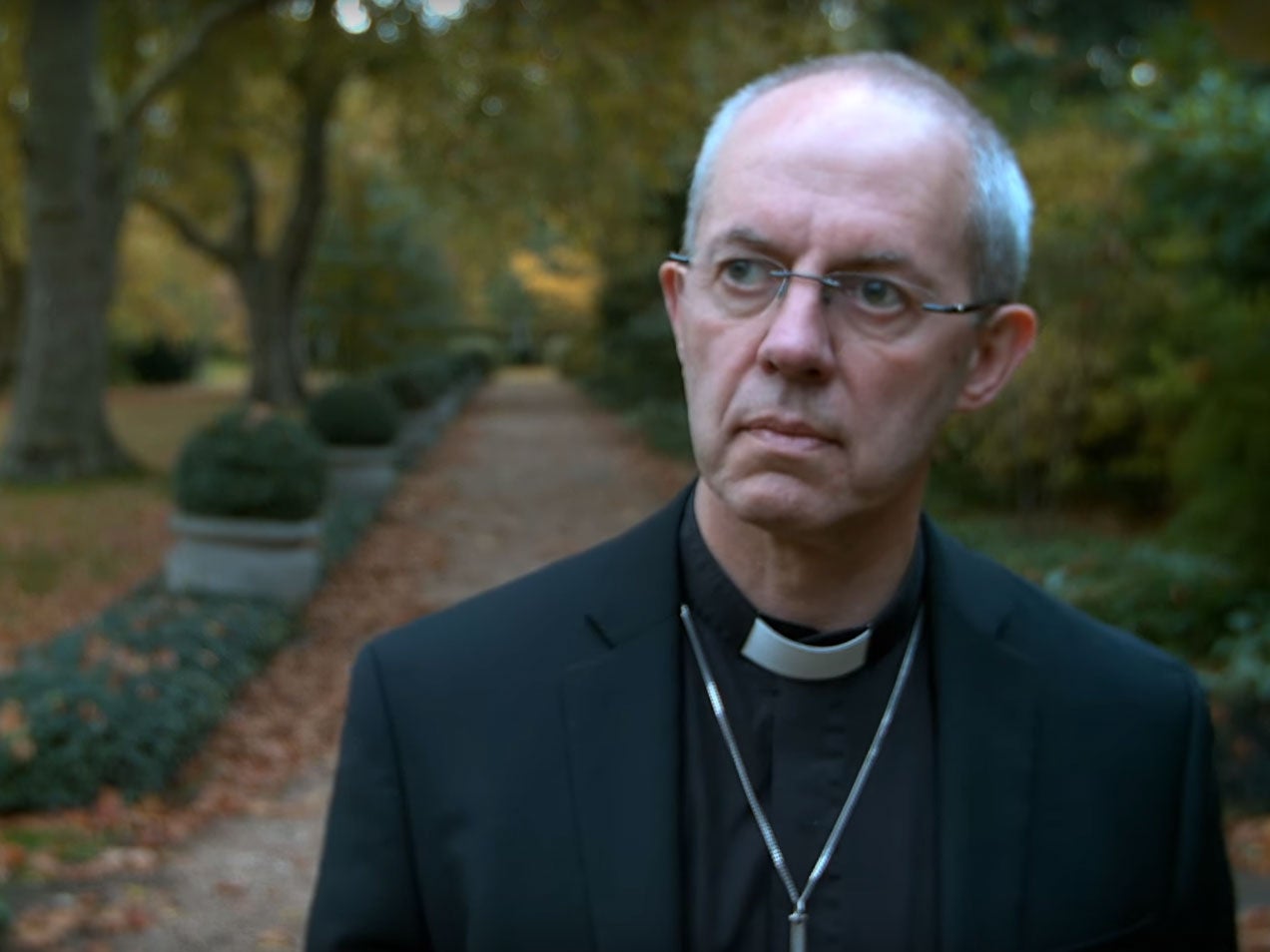Lord's Prayer Advert: Church of England tells cinemas to 'ban all Christmas ads' if they do not accept religious commercials
'If they'd like to apply it consistently, ban every ad that mentions Christmas'

The Church of England has said cinemas should ban all Christmas adverts following their refusal to screen a commercial featuring the Lord’s Prayer.
Reverend Arun Arora, the Church of England’s director of communications told The Telegraph: “If they want to be consistent on not carrying any ads that have any connection with religious belief, I’d like them to cancel all ads liked to Christmas as a Christian festival.
“If they'd like to apply it consistently, ban every ad that mentions Christmas.”
He added the DCM’s decision was “chilling” as it limited freedom of speech.
Rev Arora’s comments come after the Church of England said it was left “bewildered” over the decision not to show the advert.
The 60-second video, produced by JustPray.uk, shows a number of people from different walks of life reciting or singing lines from the Lord’s Prayer ranging from bodybuilders to children, and also features the Archbishop of Canterbury, Justin Welby.
The CoE initially believed the advert had been approved and would be shown before screenings of Star Wars: The Force Awakens from December 18, but were later told it would not be shown.
Despite being rejected by DCM, the advert has received clearance from The British Board of Film Classification and the Cinema Advertising Authority.
In an online statement, Rev Justin Welby, said: “I find it extraordinary that cinemas rule that it is inappropriate for an advert on prayer to be shown in the week before Christmas when we celebrate the birth of Jesus Christ.
"This advert is about as ‘offensive’ as a carol service or church service on Christmas Day.”
Stephen Slack, the Church’s legal adviser, warned the ban could lead to legal action under the Equality Act, preventing commercial organisations from refusing services on religious grounds.
Digital Cinema Media, an agency which sells advertising to many of Britain’s largest cinema chains including Odeon, Vue and Cineworld, has defended its decision to ban the advert saying it treats “all political or religious beliefs equally.”
In a statement, the company said: “DCM has a policy of not accepting ‘political or religious advertising’ content for us in its cinemas.
“Some advertisements – unintentionally or otherwise – could cause offense to those of differing political persuasions, as well as to those of differing faiths and indeed of no faith.
“In this regard, DCM treats all religious beliefs equally.”
When asked for a copy of the policy banning the advert, the CoE was told there was no formal document but that it had been agreed between the DCM’s members.
A formal policy on the DCM’s website says: “To be approved, an advertisement must… not in the reasonable opinion of DCM constitute political or religious advertising.”
DCM did not immediately respond to reports the document was only created last Friday, two days before the ban was revealed by the Mail on Sunday.
Terry Sanderson, the president of the National Secular Society, accused the Church of being “arrogant” to imagine that it can “foist” its opinions on captive cinema audiences.
Additional reporting by Press Association
Join our commenting forum
Join thought-provoking conversations, follow other Independent readers and see their replies
Comments